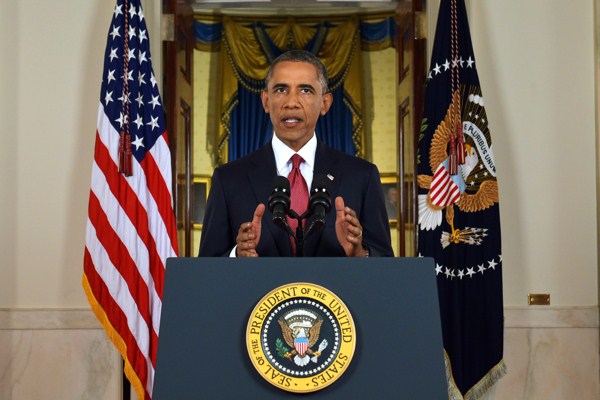Scholars and pundits have built careers writing about the national security legacy of American presidents. How they do so is important, because every president's perceived legacy influences candidates and elected leaders who come later. Take, for instance, the consensus that Jimmy Carter's national security policy was a failure. For years candidates and leaders have rejected any ideas or even rhetoric that seems “Carteresque.” By contrast, Ronald Reagan's foreign policy is generally considered a success. Hence candidates and leaders since his time, particularly within the GOP, have modeled their national security positions on his. In a very real sense, presidential legacy matters.
This pattern will continue. This makes President Barack Obama’s legacy an important benchmark for future American national security strategy. If seen as any kind of success, it will serve as a model. If seen as a general failure, it will offer a warning on how not to approach strategy. Therefore it is important to begin thinking now about the Obama legacy in national security. Unfortunately, though, today's overheated political climate makes objectivity difficult. Obama's critics reject the idea that anything the president has done in the realm of national security has worked, while his defenders rationalize his every decision. A serious assessment must reject the emotionalism of both partisan poles. The Obama legacy in national security policy, like that of every president, will be a mixed bag.
Any assessment must start with the goals that Obama himself set for his administration. His initial objectives were to wind down U.S. involvement in Iraq, sustain pressure on al-Qaida, repair America's reputation and find a way to rely less on military power and more on diplomacy. By shifting to a less assertive and less militarized strategy, Obama believed, the United States could focus on the domestic economic, political and social issues that had worsened or festered during what the George W. Bush administration called the “global war on terror.” The assumption was that most other nations, even competitors, shared an interest in a stable international system that would allow them to tend to domestic issues. No security problem was unresolvable, at least according to the initial Obama strategy.

